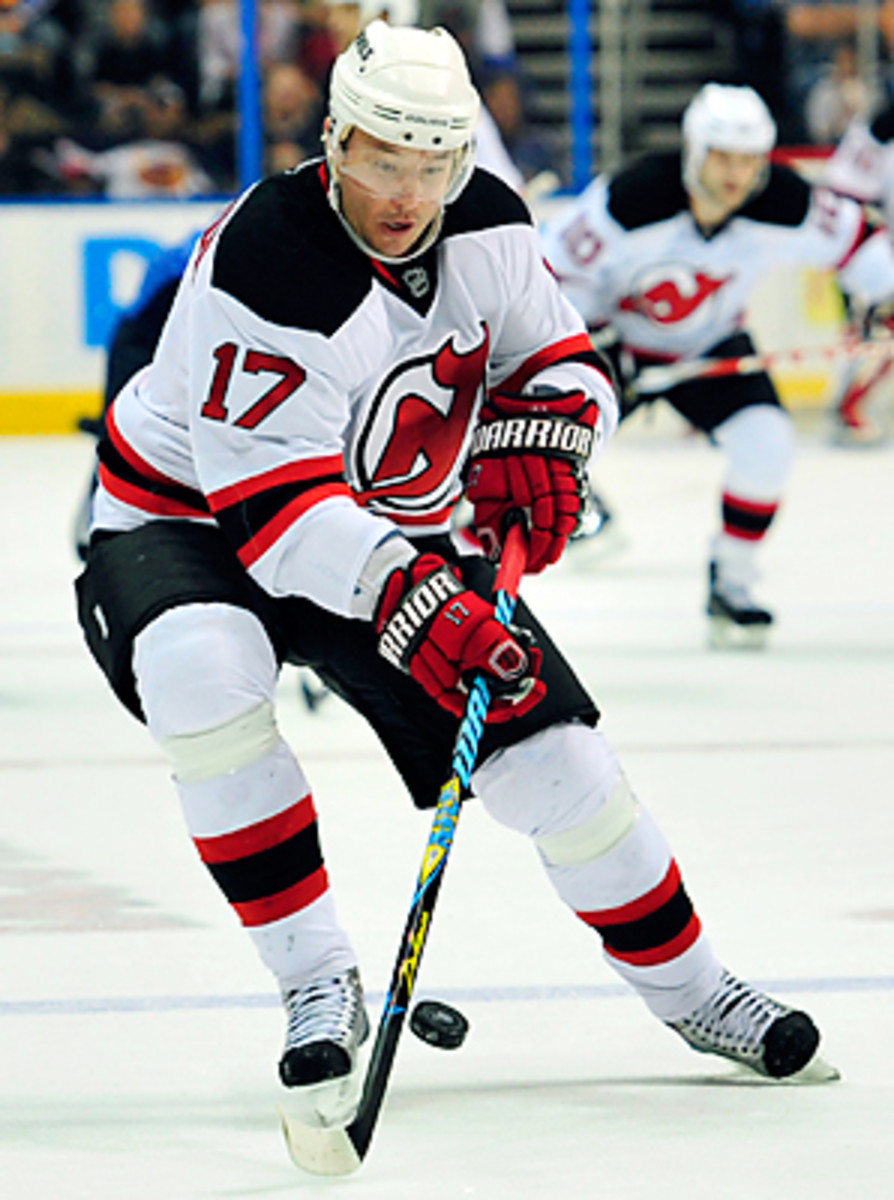NHL, NHLPA negotiations a win-win
And all it took was understanding that, sometimes, what's good for the goose really is good for the gander.
It should serve as an eye opener that, at a time when some fans are stricken with Fehr, er, fear, over the future of labor stability, the two sides were able to come together, negotiate through an issue that had proven contentious to both sides, and arrive at an agreement that alters the current CBA in a way that actually benefits both.
And despite the desire from some corners to pick a winner and a loser in all this, that's really what it comes down to: a win-win.
The bargaining session concluded with two new amendments being adopted that will directly address the cap-skirting shenanigans that derailed the first contract agreed to by Kovalchuk and were found in other previously accepted deals signed by Hossa, Luongo, Chris Pronger, Marc Savard and others.
According to a league release, the first stipulates that for long-term contracts extending beyond the age of 40, the contract's average annual value for the years up to and including 40, are calculated by dividing total value over those years by the number of years up to and including 40. Then for the years covering ages 41 and beyond, the cap charge in each year is equal to the value of the contract in that year.
In other words, teams can no longer play fast and loose with the CBA by minimizing a cap hit through front-loading a long-term deal. They will, however, get some relief over the post-40 years by being stuck with only the actual salary as the hit in those lower-paid years.
But while the deal serves as a precedent, it won't (as I'd previously written) impact those other contracts that the league had slipped back under the microscope at the same time as Kovalchuk's. So not only will those other cap-busting agreements escape further scrutiny, they'll be grandfathered in, as will all other deals signed before Sept. 3. That's clearly a win for the PA, as well as for the renegade teams that signed the outlandish accords in the first place.
The second amendment, according to the league, addresses long-term deals that average more than $5.75 million for the three "highest-compensation" seasons. In these, a player's compensation for any season in which he is age 36, 37, 38, 39 and/or 40 shall be valued at a minimum of $1 million, even if his actual compensation is less during those seasons. Essentially, that ends the practice of paying players a couple hundred grand in his "retirement years" in order to depress the overall cap hit. It all makes for a plot somewhat denser than you'd find in an average episode of Jersey Shore, but at least now there are some mutually agreed upon parameters that set the stage for some key negotiations that will take place over the next year for players ranging from Joe Thornton to Drew Doughty. These players are still likely to earn deals lasting at least five years, but now that the rules are defined to the satisfaction of the league, we won't see another repeat of the Kovalchuk fiasco.
Though pragmatism was clearly the order of the day, the result can be championed by all sides. The league found a way to eliminate the blatant end-around tactics that had become commonplace in superstar contracts, thus restoring some control over its own house. And it's a win for the PA, not only because it apparently got the league to back down on more strident demands that were rumored to be in the NHL's initial ultimatum, but because it managed to get pre-approval for any agreement from its 30 player reps. The latter may seem like a small victory, but for a group whose goal over the next 12 months is re-discovering common purpose, this is an exceptionally promising step. Take a look back at this in time and it may be regarded as a pivotal moment in the renewal of the CBA.
And it's certainly a pivotal moment for the Devils, a team that's now about $3 million over the cap with Kovalchuk in tow. Lou Lamoriello seems to have some obvious options -- Dainius Zubrus and Bryce Salvador might want to contact their real estate agents -- but it won't be easy to dump their contracts. Multiple sources have suggested that New Jersey would have to sweeten the deal with picks or prospects before they'd be willing to take on either player's contract. That may mean Lamoriello has to consider other options. I wrote last week that he would not consider moving young center Travis Zajac, but one NHL executive suggested this weekend that the idea wasn't out of the realm of possibility. "It's his last option, but it's an option. If he gets the right player [high potential and cheap] in return, he has to at least consider it. ... Outside of Zach [Parise] and Marty [Brodeur], I don't think anyone on that team should consider himself untouchable."





